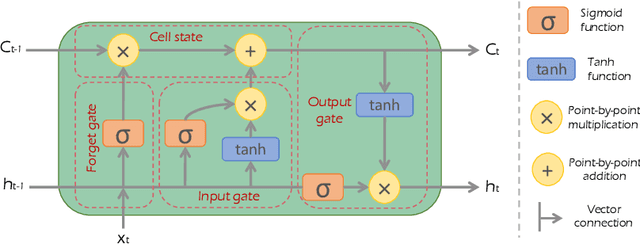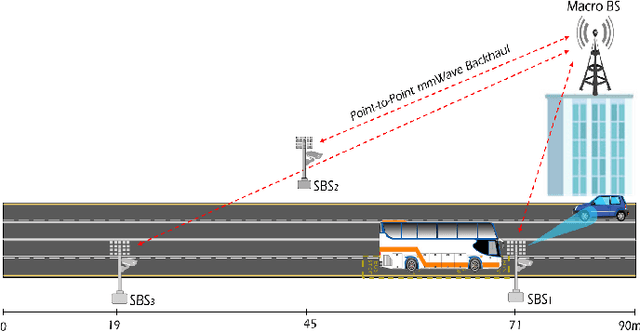Ahsan Khan
FedTrees: A Novel Computation-Communication Efficient Federated Learning Framework Investigated in Smart Grids
Sep 30, 2022



Abstract:Smart energy performance monitoring and optimisation at the supplier and consumer levels is essential to realising smart cities. In order to implement a more sustainable energy management plan, it is crucial to conduct a better energy forecast. The next-generation smart meters can also be used to measure, record, and report energy consumption data, which can be used to train machine learning (ML) models for predicting energy needs. However, sharing fine-grained energy data and performing centralised learning may compromise users' privacy and leave them vulnerable to several attacks. This study addresses this issue by utilising federated learning (FL), an emerging technique that performs ML model training at the user level, where data resides. We introduce FedTrees, a new, lightweight FL framework that benefits from the outstanding features of ensemble learning. Furthermore, we developed a delta-based early stopping algorithm to monitor FL training and stop it when it does not need to continue. The simulation results demonstrate that FedTrees outperforms the most popular federated averaging (FedAvg) framework and the baseline Persistence model for providing accurate energy forecasting patterns while taking only 2% of the computation time and 13% of the communication rounds compared to FedAvg, saving considerable amounts of computation and communication resources.
Intelligent Blockage Prediction and Proactive Handover for Seamless Connectivity in Vision-Aided 5G/6G UDNs
Feb 21, 2022



Abstract:The upsurge in wireless devices and real-time service demands force the move to a higher frequency spectrum. Millimetre-wave (mmWave) and terahertz (THz) bands combined with the beamforming technology offer significant performance enhancements for ultra-dense networks (UDNs). Unfortunately, shrinking cell coverage and severe penetration loss experienced at higher spectrum render mobility management a critical issue in UDNs, especially optimizing beam blockages and frequent handover (HO). Mobility management challenges have become prevalent in city centres and urban areas. To address this, we propose a novel mechanism driven by exploiting wireless signals and on-road surveillance systems to intelligently predict possible blockages in advance and perform timely HO. This paper employs computer vision (CV) to determine obstacles and users' location and speed. In addition, this study introduces a new HO event, called block event {BLK}, defined by the presence of a blocking object and a user moving towards the blocked area. Moreover, the multivariate regression technique predicts the remaining time until the user reaches the blocked area, hence determining best HO decision. Compared to typical wireless networks without blockage prediction, simulation results show that our BLK detection and PHO algorithm achieves 40\% improvement in maintaining user connectivity and the required quality of experience (QoE).
 Add to Chrome
Add to Chrome Add to Firefox
Add to Firefox Add to Edge
Add to Edge